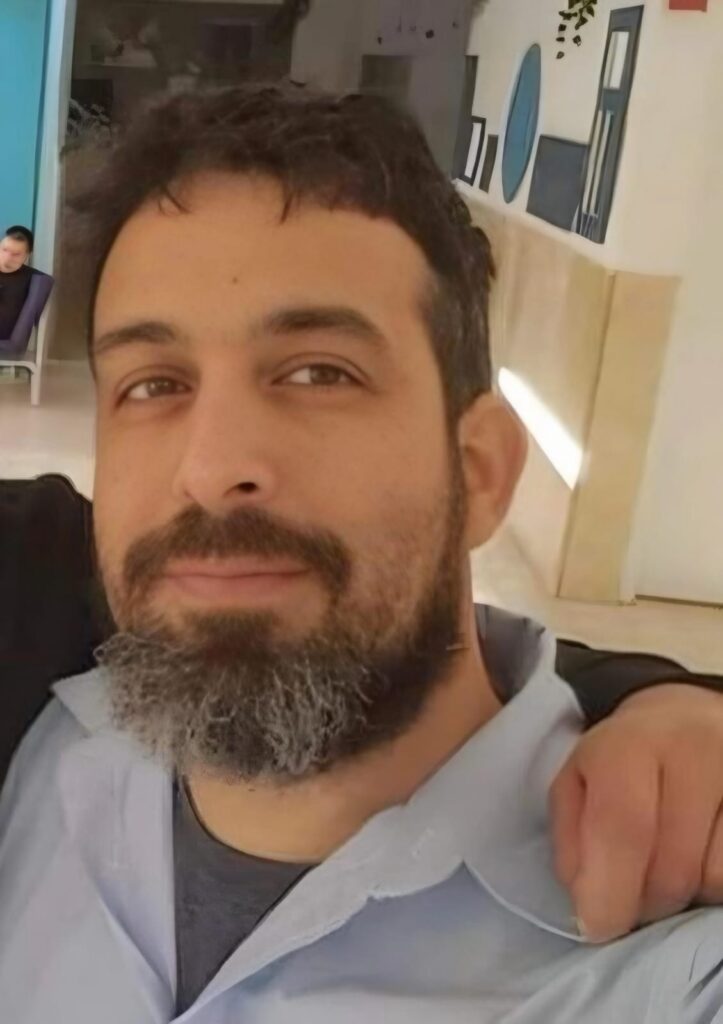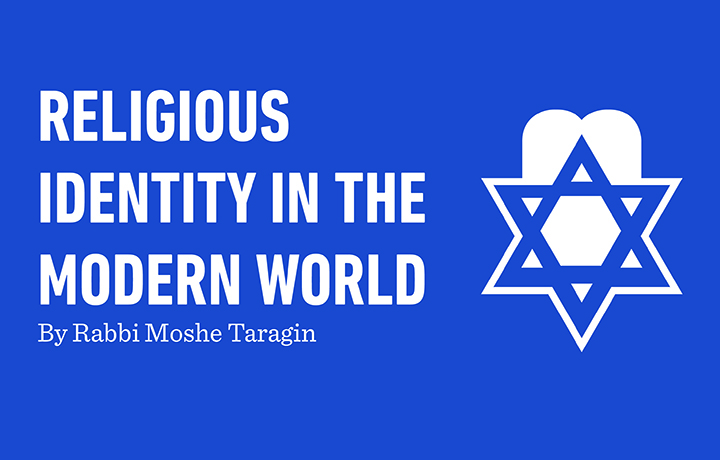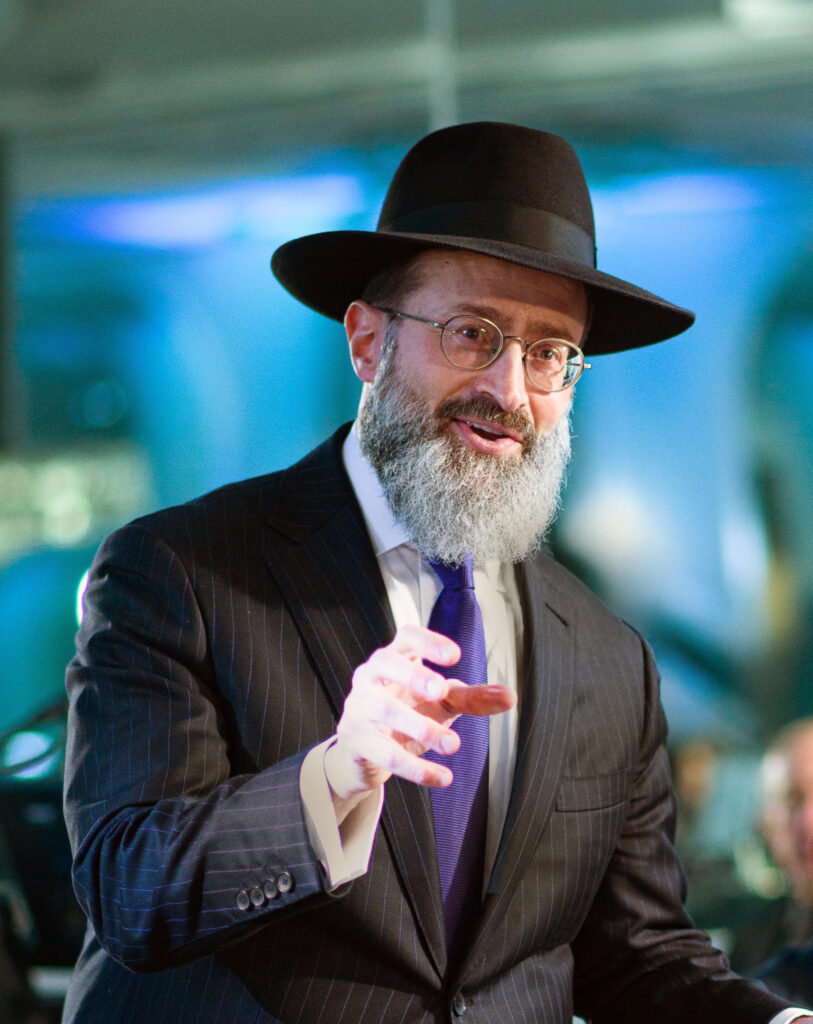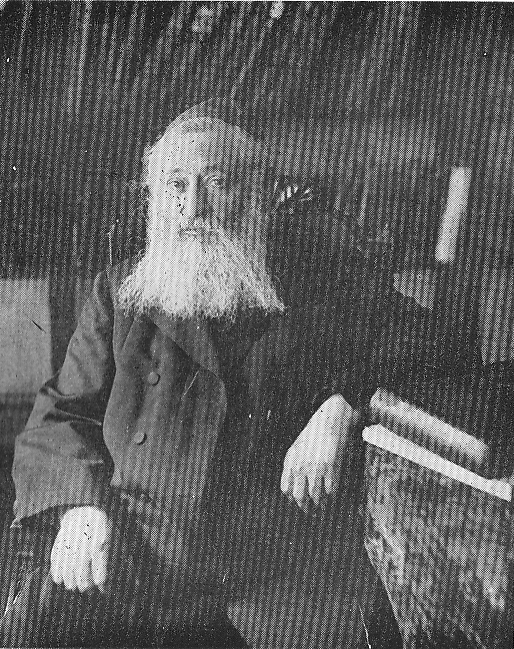Remaining Untroubled But Committed
By: Philip Rosen
Tikkun Olam is a beautiful concept in Judaism. It means doing any activity that improves the world, bringing it closer to the harmonious state for which it was created. When it comes to tikkun olam, Israel is a meritorious example to the nations, sending medical care and disaster relief to countries affected by floods, earthquakes, tsunamis, and civil wars.
But in recent months the concept of tikkun olam has been taken to extremes that distort and damage the essence of this wonderful concept. Helping an enemy that has been trying to destroy you is not tikkun olam; it’s plain insanity.
The Palestinians in Gaza have one aim: to destroy the State of Israel, pure and simple. They say it. Believe them. So, the UJA-Federation pledging $1 million in aid to Gaza in the middle of a war to destroy Israel while said Gazans are still holding 50 Israeli hostages in torture tunnels makes no sense. My guess is the leadership of UJA watched the pictures on TV, some staged, of people dying of starvation and ignored the fact that millions of tons of food and water and equipment have been dropped into Gaza by Israel and other sources. In a recent article in Tablet Magazine, Liel Leibovitz, quoting Rabbi Donniel Hartman of the Shalom Hartman Institute calls them the “troubled committed.” He writes, “If you’ve so much as dipped your toe in Jewish communal life this past decade or so, you know precisely who the troubled committed are. They are excellently credentialed and unimpeachably affiliated with some of our finest legacy organizations. They are rabbis and presidents and leaders of shuls Orthodox, Conservative, and Reform. Some have a history of voting Republican, others are staunch Democrats. What they all have in common is that they are, well, very troubled.”
He then describes what troubles these people. “They’re troubled by settler violence. They’re troubled by extremist ministers in Netanyahu’s cabinet. They’re troubled by the government’s failure to negotiate with Hamas. They’re troubled by the unethical conduct of the war. They’re so troubled, in fact, and so busy presenting their troubledness as a sign of intellectual and moral sophistication and superiority, that they usually have little patience for facts, such as admitting that settler violence is a term that’s much closer to a blood libel than to an accurate description of life on the ground in Judea and Samaria.”
The troubled committed are so upset that things aren’t going their way that they’ll risk enormous damage to Israel to show that they remain troubled. In essence, their need to prove “tikkun olam” pushed this act of pure idiocy blinds them to the chasm they have created between themselves and authentic Judaism. In fact, Leibovitz believes that many of the troubled committed will leave the fold and become uncommitted. But their troubled nature will continue.
He notes that among those who drift away, some will break our hearts: great teachers, dedicated rabbis, brilliant intellectuals, men and women in whose wisdom we used to bask and whose betrayal will sting.
But that should in no way change our level of commitment. The untroubled committed (this includes people who see through the media disinformation, Syrian Jews, Persian Jews, Russian Jews, and huge swaths of sharp Gen Z Jews) should continue to be committed and maybe more so: we are living Jewish history today and our commitment to Judaism and to Israel will be remembered by our grandchildren and great-grandchildren for generations. Always remember that only 20% of the Jews left Egypt with Moshe Rabbeinu. They were the committed. And we must follow their lead.
Philip Rosen is the chair of the World Jewish Congress-American Section. Mr. Rosen is also one of the most prominent leaders on the Jewish communal scene. He is Vice Chair of the Board of Directors of the Birthright Israel Foundation, a member of the Board of Trustees of Yeshiva University, Founding and Current Vice Chairman of the Board of Yeshiva College, and an active member of numerous other organizations. A prolific writer, his articles appear in many newspapers, magazines and websites in Israel, the U.S. and around the world.















